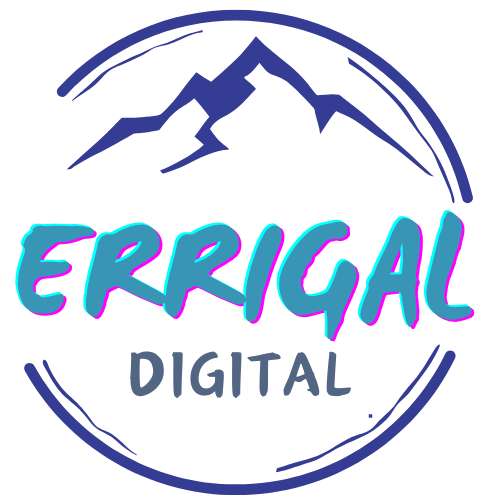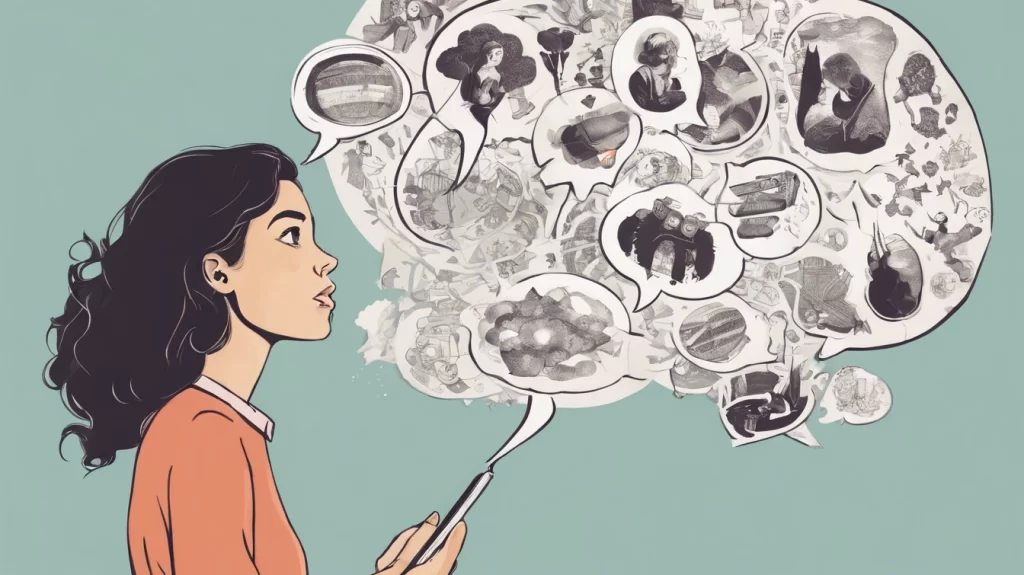Authors are a funny bunch.
Not in a-laugh-out-loud, centre-of-the-party persona – although those rarities do exist.
We tend to be more introverted, quietly absorbing the external scandal, gossip and story of our lives, folding these scenes into digital or paper form. Characters created, if not from the ether, then from current lived experience.
Write what you know.
The writer’s pen is the extrovert’s tongue. Our inner thoughts neatly filed away until such point when the door is closed, kids are asleep and we can let loose on the page.
However, that presents a problem to the self-published author, of which our numbers are legion. I have heard it said that writing a book is like competing in a marathon. Reaching the finish line (‘The End‘) the exhausted runner is aghast only to be handed a medal and ushered to the starting line of a new marathon race – this time, to market their book.
Good luck.
How Rude Is Your Awakening?
As someone who has had one foot in the marketing and sales world for two decades, I have learnt first hand that there are certain keys to success. Not the rip-roaring, embarrassing riches success enjoyed by your favourite author – I’m not part of that particular secret society – but rather, moderate success in an endeavour. I’ve marketed and sold everything from mobile phones, software, charity subscriptions, dog food and many other things in my journeyman career.
Not all authors have been blessed (cursed?) with a background in traditional sales and marketing. Coming at it ‘fresh’ isn’t necessarily a step back from the marathon starting line as one would think. In my opinion, the outstanding quality needed to excel in book marketing is a willingness to learn, step outside of one’s comfort zone, try new things despite the odds and probable risk of failure and a can-do attitude.
How thick is your skin? The first 1-star review you receive will rock your world. It is inevitable.
Many authors – and I myself once had this viewpoint – believe that once you’ve meticulously crafted your magnum opus, and released to the wild, for example, as a Kindle ebook – that suddenly, from out of the woodwork, a certain cohort of readers will stop whatever they are doing (think exiting their car in busy traffic and running to the nearest computer terminal to buy your book). So begins an unlikely love story, falling in love with your work and the lovestruck reader forever clicking refresh against your Amazon profile eagerly awaiting the sequel to your original masterpiece. The idea of diehard fans for a newbie author is a lofty and seductive, albeit largely misguided thought.
According to a quick Google search, over 487 million ebooks are sold through Kindle every year.
- 2.3 million books were self-published in the US in 2021.
- The average self-published book sells 250 copies in total.
- The average self-published author makes $1,000 per year from their books.
- 33% of self-published authors make less than $500 per year.
They won’t tell you that in any self-publishing course.
Now, I know you don’t consider yourself ‘average’. But despite what ‘mom’ says about your winning fiction, cold hard reality will sink in, sooner or later. Better that it’s sooner. Why?
It softens the blow.
The odds are already stacked against you, when you’ve written the first word. Welcome to the arts! Much of what is produced is subsequently buried. We live in a world where the noisiest people (and their works) grab attention.
By noise, I mean online chatter. In your face to the point of bordering on intrusive social media ads. Email notifications.
Working in the digital sphere, where your little book is trying to successfully navigate in the dark through treacherous and dangerous terrain, has both pros and cons. You are no longer bound by geographical region. The channels are open for you to sell/gift your books to anyone, anywhere in the world. Instantly.
The downside?
You’re competing with millions of of authors (dead and alive) as well as countless other time-suckers outside of reading, like Netflix, Computer Games and 101 other items that people call hobbies these days.
So what’s an author to do?
I have some suggestions.
#1 – Don’t throw money into marketing your books. Yet.
If the stars did magically align and you hit a homerun straight off the bat, readers will promptly seek out your next, probably as yet unwritten book.
In my opinion, it is best to actively market your stories when you have at least two works widely available, or at least an additional one in the pipeline.
#2 – Make it as easy as possible for people to know you exist
This includes but should not be limited to setting up profiles on social media channels. Go where your ideal readers are. Write romantic short stories? Consider Wattpad. Write scifi? Consider submitting some shorts to science fiction sites.
Yes, you’re giving stuff away for free, but people need to know you exist because they won’t part with their hard earned cash unless they know you have some talent. The average American reads 12.6 books a year. Time is finite.
Readers want to know they will be getting a good return on investment.
#3 – Create a website
This should be a no-brainer.
If someone searches for your name, you will want to appear top of search results. Not some 3rd party site where readers are quickly distracted and bombarded with adverts from rival authors. A personalised website also shows you’re legit, serious about your work, and creates a platform where you can engage with your readers in a way that isn’t possible via Amazon or the social media platforms.
For example, through your website you could release sneak preview content, share behind the scenes bonus content from your WIP, pulse check and brainstorm novel ideas and build a small following committed to ensuring your success – not in one month, but over a lifetime.
In an age where de-platforming and removal of social media accounts because they fall foul of certain content guidelines is becoming the norm, don’t put all your eggs in the social media basket. Branch out and make it easy for people to engage with you directly. Unfiltered. Because you know what? Readers respond to genuine authors.
The emergence of AI/ChatGPT and other tools allow books to be written at a rapid rate across a plethora of subjects. All this without the need for an author to be versed in the material. But, like any other product – and your book is a product at the end of the day – we buy from people we like. The human touch is what separates us from the machines and is one of the reasons why, in my opinion, creatives will continue to flourish in a world gone gaga with AI.
–
Armed with this knowledge, you may be asking yourself, ‘Do I have the stomach to pursue a path in the creative arts?’ Or perhaps, you’re thinking, ‘Well, I don’t care if my books don’t sell much. I simply enjoy the process.’
It comes back to goals and these change constantly.
Here was my goal journey way back when.
2014
Setup a blog with the ulterior motive of finding fans to pre-sell my at-that-time half-finished book. I secretly hoped that it would be critically accepted and had no major reservations about how many copies it sold.
2015
Blog morphs into travel related and oddball quirky themes, such as reviewing obscure books.
2016
- Finally hit publish on my first book, roundly greeted by the sound of crickets.
- Pump money into various marketing ventures to generate more interest. Sales follow but this is dwarfed by ongoing costs to promote.
- Release a second book. Rising tide lifts all boats. Some cross-selling occurs.
- Setup newsletter.
- Setup social media channels to capture interest.
- I quit my full-time well paid job to focus 100% on writing. It soon dawns on me that this is a bad idea. Savings are quickly eroded as I throw good money after bad, promoting myself through various paid campaigns on social and book promotion websites. Pressure is on as a once creative and fun outlet now takes on extra responsibility having to financially support my very existence.
- Begin writing and releasing short stories to grow newsletter subscriber list.
- Heavy promotion on my own blog. Traction at last! Writing begins to take a back seat as my marketing brain becomes more involved, etc.
This was three years into my plan, testing the waters initially in 2014 with a view to self-publishing my first book which was conceived a decade earlier. Here, I’ve only shared high-level insights. In a future post I can include more detail about what steps I took, successful plays and sales figures.
To summarise, I was initially quite content with releasing one novel. Writing stories had always been my favourite leisure activity. But then…you know. Life.
I put a lid on it, and that passion was awakened again after a career crisis in my early thirties.
Big Scary Goals
For me, once I had written and published the book, I wanted more. My goals quickly changed. I wanted writing for a living to become my new modus operandi. My most fruitful period, writing-wise, was when I become self-unemployed. It also coincided with my leanest spell financially. I guess I hit all the struggling creative tropes in 2016/2017.
It is only with hindsight – and experience is a great teacher – that I can see what worked, what I would do differently and how to put your best foot forward in a life of creative pursuits.
Still just interested in publishing a book and be done with it? Make room for flexible thinking. Our goals and our lives change. Realistically, a full-time career in writing fiction is beyond the grasp for 99% of us. That doesn’t mean it can’t continue to be a part of our lives. We just need to manage expectations and develop strong habits to give ourselves the best chance of success.
That is the goal of Errigal Digital. Helping you navigate the rapids.
We don’t need to be Stephen King or J.K. Rowling to carve out a successful career in writing. Your definition of success will be different to the next author. But as Kevin Kelly, co-founder of Wired, points out, we may ‘only’ need 1,000 True Fans to fuel and finance our creative pursuits.
That sounds like a much more reasonable ask.

